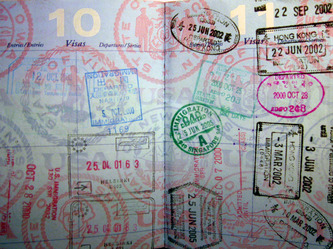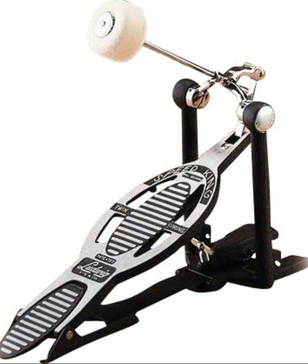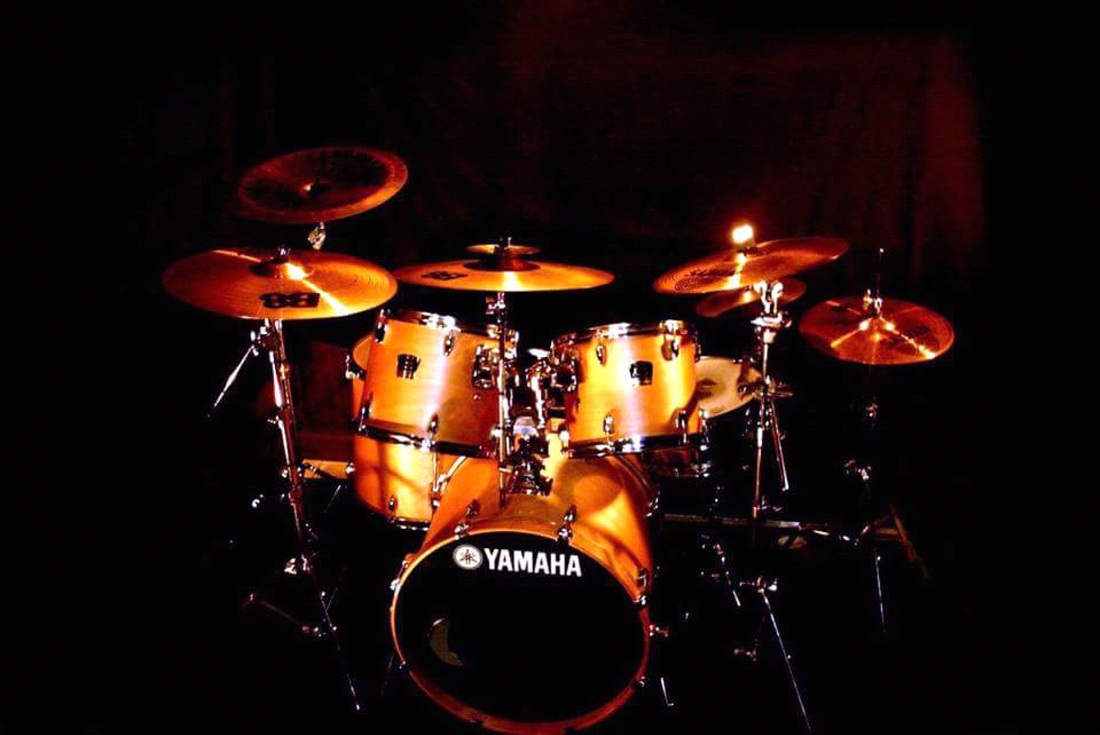
All over the world, musicians travel to perform at different countries. Some perform for a quick one night show, others for days or weeks and some even staying at one venue for months or years. Of course, a document necessary for travel is the passport, and one needs to be very careful of this document as it can actually be youˊre hope for safety if all hell breaks loose.
Most times, when musicians are on contract, particularly for long periods of time, employers or the host management asks for the musiciansˊ passport for their safekeeping. A very important advise - Refuse! You as a traveller should have and be responsible for your passport at all times. A passport is officially a government owned document issued to the bearer. It is “illegal” for anyone to hold someone elseˊs passport unless they are a government office or the passport holder signs and agrees to its safekeeping by someone else. Your passport and you as a traveling musician are more safer with your passport at hand.
There has been numerous times where I personally witnessed people having problems because their passport is with their employers. At times when there is an emergency, like what we experienced during the Gulf War. When emergency strikes and you are without your passport, you are most probably doomed. Also, some employers or promoters use the passports to blackmail the talents even asking money in exchange for its return; this happens a lot, and we should be aware that this is illegal. Exercise your rights and inform them of the law in a respectful manner. Once you are in your host country, this little demand of yours to keep your passport is not enough to cancel your contract because of the expense and the documentations they went through. At the end of the day, even if you have disagreements on these matters with your employer, a good performance will always make up for it. If you are good for business, you are good.
Summary tip of the day: By law, you have the right to keep your passport. Exercise that right.
Most times, when musicians are on contract, particularly for long periods of time, employers or the host management asks for the musiciansˊ passport for their safekeeping. A very important advise - Refuse! You as a traveller should have and be responsible for your passport at all times. A passport is officially a government owned document issued to the bearer. It is “illegal” for anyone to hold someone elseˊs passport unless they are a government office or the passport holder signs and agrees to its safekeeping by someone else. Your passport and you as a traveling musician are more safer with your passport at hand.
There has been numerous times where I personally witnessed people having problems because their passport is with their employers. At times when there is an emergency, like what we experienced during the Gulf War. When emergency strikes and you are without your passport, you are most probably doomed. Also, some employers or promoters use the passports to blackmail the talents even asking money in exchange for its return; this happens a lot, and we should be aware that this is illegal. Exercise your rights and inform them of the law in a respectful manner. Once you are in your host country, this little demand of yours to keep your passport is not enough to cancel your contract because of the expense and the documentations they went through. At the end of the day, even if you have disagreements on these matters with your employer, a good performance will always make up for it. If you are good for business, you are good.
Summary tip of the day: By law, you have the right to keep your passport. Exercise that right.



 RSS Feed
RSS Feed
